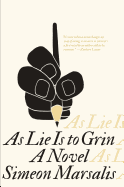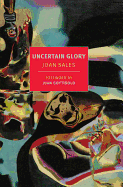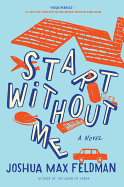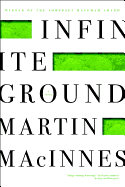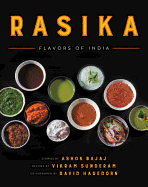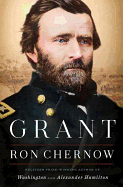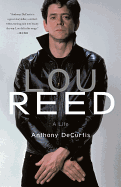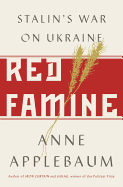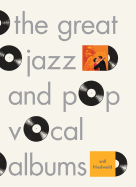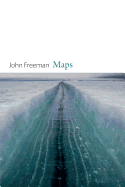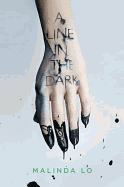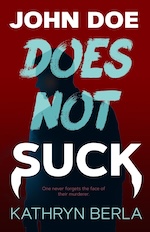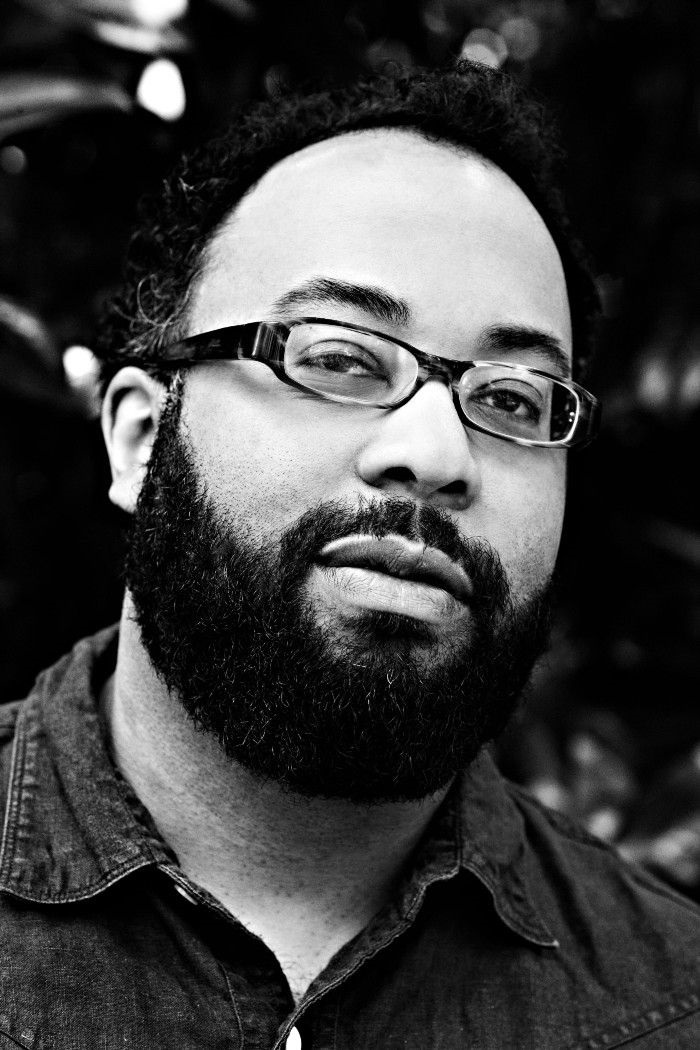 |
| photo: Melanie Dunea |
Kevin Young is director of the New York Public Library's Schomberg Center for Research in Black Culture and the new poetry editor at the New Yorker. He's published nine books of poetry, edited eight others, and written The Grey Album: On the Blackness of Blackness (Graywolf Press), a survey of African American culture that illustrates its tradition of storytelling, improvising and "jazzing." Young is a very busy man; fortunately, not too busy to research and write an outstanding history of American hoaxing: Bunk: The Rise of Hoaxes, Humbug, Plagiarists, Phonies, Post-Facts, and Fake News (Graywolf Press, $30). Marlon James calls it a book "we greatly need, disguised as [a book] we merely want."
Young begins Bunk with what he calls "The Age of Imposture," and ends with our current "Age of Euphemism." While he does touch on non-American hoaxing--the Cottingley fairies, for instance--his contention (amply proven) is that the hoax is "an oddly American phenomenon," one way that 19th-century America "sought to establish its bona fides after the fact" by creating tall stories and foundation myths. We are historically programmed for hoaxing, he argues, even more so today; both our doubt and our need for certainty have led to more hoaxes, not fewer.
The Age of Imposture features, appropriately, P.T. Barnum, and what Barnum called "humbug." His audience wanted a show, and was willing to be fooled as it viewed his curiosities. The dark side to Barnum and other historical hoaxes is the extent to which they relied on the exotic and the dark-skinned, and the frissons of fear this "other" produced. Barnum's popularity coincided with the rise of eugenics and racialism, and pseudo-sciences like phrenology, where "objective investigators constantly rediscovered that Negroes, Indians, and other dark races (some of them European, mind you) were indeed still inferior." Barnum stoked the idea of American exceptionalism and white superiority.
Unsurprisingly, many hoaxes employ African Americans--crack babies, inner cities, welfare queens, the war on drugs. Because of this, Young continues, we are primed to believe almost anything about African Americans, especially if it is clothed in respectable writing. Hoaxes "confirm what we suspect... guns are always smoking, buoying up our worst suspicions without evidence or eyewitness."
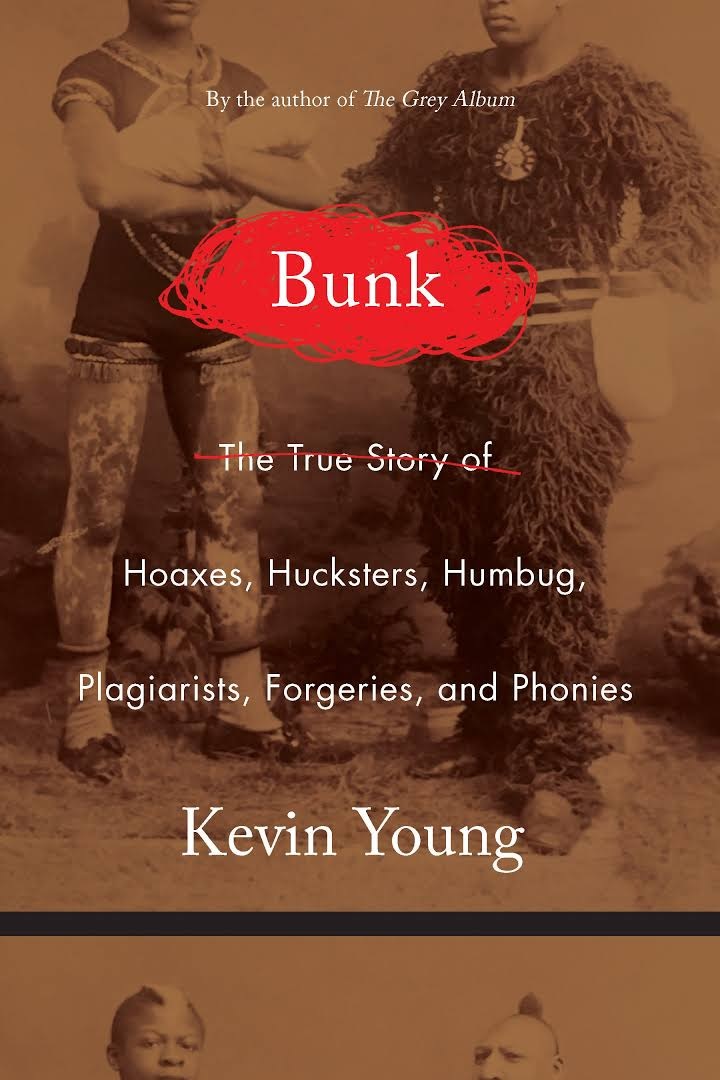 Fake memoirs, forgeries and plagiarism are all facets of hoaxing. James Frey, with his false memoir A Million Little Pieces, is the perfect example of Young's observation that "Almost all hoaxers, once discovered, go on to write a novel--when it turns out they were writing a novel all along." We lose something with false memoirs--Mary Karr points out that the writers are cheating themselves "out of their real stories." Not to mention cheating readers out of what could be a story all the more powerful for being real and accessible.
Fake memoirs, forgeries and plagiarism are all facets of hoaxing. James Frey, with his false memoir A Million Little Pieces, is the perfect example of Young's observation that "Almost all hoaxers, once discovered, go on to write a novel--when it turns out they were writing a novel all along." We lose something with false memoirs--Mary Karr points out that the writers are cheating themselves "out of their real stories." Not to mention cheating readers out of what could be a story all the more powerful for being real and accessible.
We are now in the Age of Euphemism. Today's hoaxes rely on our cultural amnesia, which enables "alternate facts" and "fake news." The Barnum in the Age of Euphemism is Donald Trump. "The worst of it is that Trump too exploits deep-seated social divisions, ones that, despairingly, echo the very same ones of race and difference on which the history of the hoax has long relied," Young writes. "Little has changed [since Barnum]: race and ruin, devolution and descent, dangerous city life and a noble, now-gone American past become fodder for and are fed by the huckster."
Kevin Young has written a masterful (and massive) book. At 480 pages, it's both scholarly and accessible, angry and witty--absolutely compelling reading, including his 50-plus pages of notes. His sense of humor rarely deserts him: quoting a critic about a poet's worldly advantages, Young writes, "Worldly advantages? He does realize that this is poetry, right?" His precise prose reminds the reader that he is a poet. Young had hoped, when he began, that Bunk would have a happy ending, that we might stop collaborating with the hoax. But our history and our present belie that--"There is of course no larger mass hysteria in American history than the epidemic of racism." He asks, what if truth is a skill, a muscle to be exercised--one that has grown weak? "How might we rebuild it, going from chronic to bionic?" That is a question we all have to answer, and now. --Marilyn Dahl
Bunk: The American Addiction
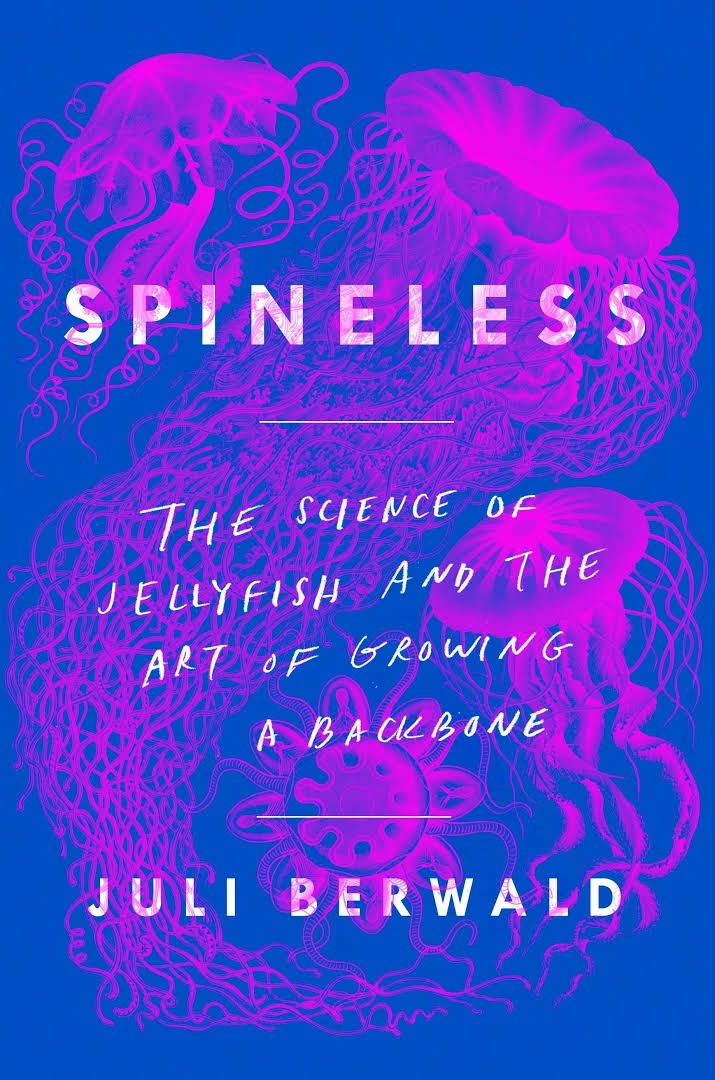 Juli Berwald's Spineless: The Science of Jellyfish and the Art of Growing a Backbone, out now from Riverhead Books, is an excellent addition to a growing body of literature seeking to expand readers' minds about what exactly qualifies as a mind. Exciting scientific discoveries regarding animal intelligence helped inspire books such as Frans de Waal's Are We Smart Enough to Know How Smart Animals Are?, which poses its provocative central question in its title. De Waal makes a case that animal intelligence is often devalued and underestimated by individuals biased by their belief in humanity's unusual intellectual advantages over the rest of the natural world.
Juli Berwald's Spineless: The Science of Jellyfish and the Art of Growing a Backbone, out now from Riverhead Books, is an excellent addition to a growing body of literature seeking to expand readers' minds about what exactly qualifies as a mind. Exciting scientific discoveries regarding animal intelligence helped inspire books such as Frans de Waal's Are We Smart Enough to Know How Smart Animals Are?, which poses its provocative central question in its title. De Waal makes a case that animal intelligence is often devalued and underestimated by individuals biased by their belief in humanity's unusual intellectual advantages over the rest of the natural world. 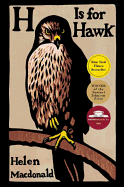 Spineless joins Helen MacDonald's H Is for Hawk and Sy Montgomery's The Soul of an Octopus: A Surprising Exploration into the Wonder of Consciousness, to name a few examples, in setting out to rehabilitate the reputations of often-misunderstood creatures. Frequently, this project involves helping readers comprehend intelligences that are fundamentally alien to our own. For example, Juli Berwald notes that jellyfish, long thought to be brainless organisms vacantly drifting through the sea, actually benefit from a nervous system that is "smart without being consolidated." In other words, jellyfish don't have a central brain because they don't need one, relying instead on a kind of "crowdsourced" intelligence. Sy Montgomery
Spineless joins Helen MacDonald's H Is for Hawk and Sy Montgomery's The Soul of an Octopus: A Surprising Exploration into the Wonder of Consciousness, to name a few examples, in setting out to rehabilitate the reputations of often-misunderstood creatures. Frequently, this project involves helping readers comprehend intelligences that are fundamentally alien to our own. For example, Juli Berwald notes that jellyfish, long thought to be brainless organisms vacantly drifting through the sea, actually benefit from a nervous system that is "smart without being consolidated." In other words, jellyfish don't have a central brain because they don't need one, relying instead on a kind of "crowdsourced" intelligence. Sy Montgomery 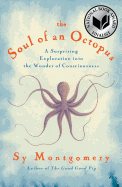 makes a stronger, even spiritual case for the octopus, writing: "I feel blessed by the thought of sharing with an octopus what one website (loveandabove.com) calls 'an infinite, eternal ocean of intelligent energy.' Who would know more about the infinite, eternal ocean than an octopus?" While humans may be more readily inclined to appreciate the intelligence of animals closer to us on the evolutionary chain, Berwald and Montgomery are passionate advocates for trying to stretch the limits of our understanding and our empathy in order to fully appreciate the "wonder of consciousness." --Hank Stephenson, bookseller, Flyleaf Books, Chapel Hill, N.C.
makes a stronger, even spiritual case for the octopus, writing: "I feel blessed by the thought of sharing with an octopus what one website (loveandabove.com) calls 'an infinite, eternal ocean of intelligent energy.' Who would know more about the infinite, eternal ocean than an octopus?" While humans may be more readily inclined to appreciate the intelligence of animals closer to us on the evolutionary chain, Berwald and Montgomery are passionate advocates for trying to stretch the limits of our understanding and our empathy in order to fully appreciate the "wonder of consciousness." --Hank Stephenson, bookseller, Flyleaf Books, Chapel Hill, N.C.



 Fake memoirs, forgeries and plagiarism are all facets of hoaxing. James Frey, with his false memoir A Million Little Pieces, is the perfect example of Young's observation that "Almost all hoaxers, once discovered, go on to write a novel--when it turns out they were writing a novel all along." We lose something with false memoirs--Mary Karr points out that the writers are cheating themselves "out of their real stories." Not to mention cheating readers out of what could be a story all the more powerful for being real and accessible.
Fake memoirs, forgeries and plagiarism are all facets of hoaxing. James Frey, with his false memoir A Million Little Pieces, is the perfect example of Young's observation that "Almost all hoaxers, once discovered, go on to write a novel--when it turns out they were writing a novel all along." We lose something with false memoirs--Mary Karr points out that the writers are cheating themselves "out of their real stories." Not to mention cheating readers out of what could be a story all the more powerful for being real and accessible. 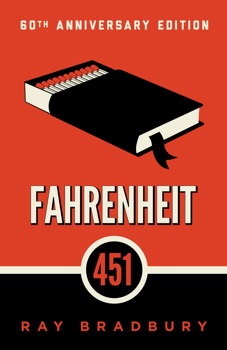 "It was a pleasure to burn," begins Fahrenheit 451, Ray Bradbury's inextinguishable work of dystopian fiction and a book that is still a pleasure to read. First published in 1953, this sci-fi classic stands among 1984 and Brave New World as foundational works not just of the genre, but of all 20th-century literature, among a pantheon of sociopolitically prophetic tales that have remained applicable across generations. In Bradbury's case, his story of a world where firemen burn books, all of which are banned, beckons questions of censorship, the power of reading and the impact of mass media on a democratic populace. If anything, these issues have grown only more contentious over the years.
"It was a pleasure to burn," begins Fahrenheit 451, Ray Bradbury's inextinguishable work of dystopian fiction and a book that is still a pleasure to read. First published in 1953, this sci-fi classic stands among 1984 and Brave New World as foundational works not just of the genre, but of all 20th-century literature, among a pantheon of sociopolitically prophetic tales that have remained applicable across generations. In Bradbury's case, his story of a world where firemen burn books, all of which are banned, beckons questions of censorship, the power of reading and the impact of mass media on a democratic populace. If anything, these issues have grown only more contentious over the years.